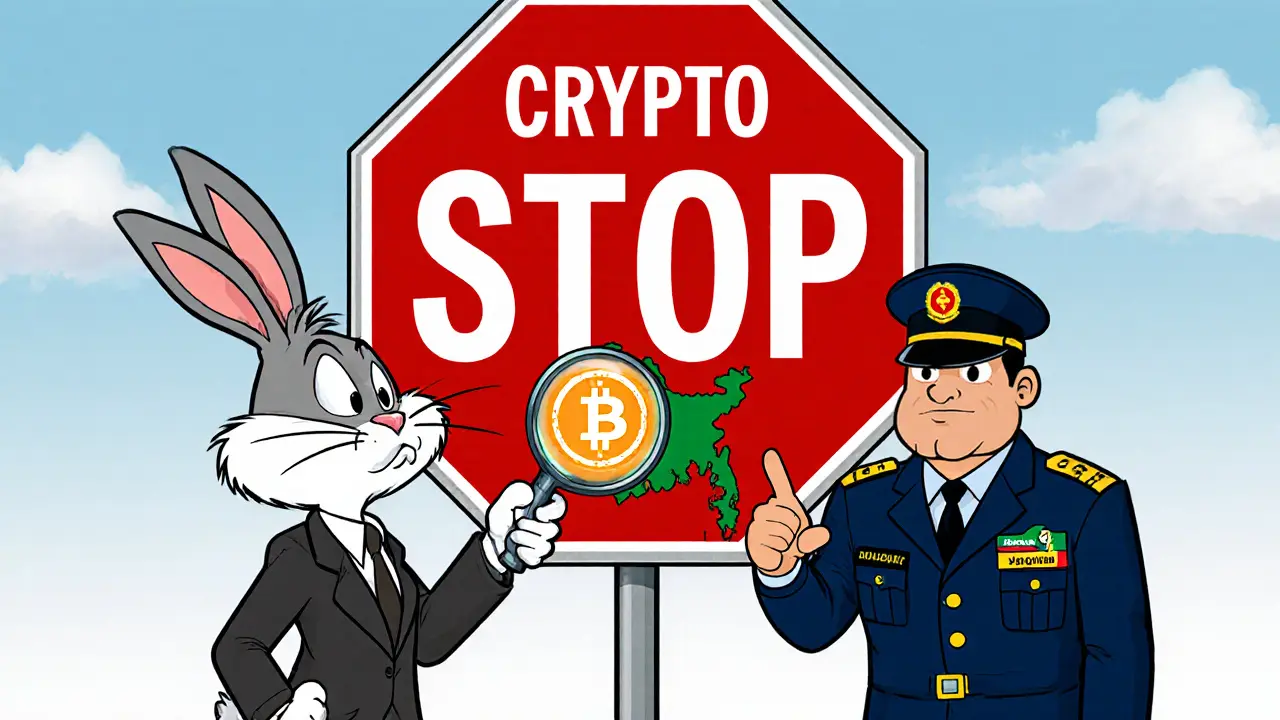Bangladesh Crypto Trading Risk
When navigating Bangladesh crypto trading risk, the possibility of losing money due to local market conditions, legal ambiguity, or platform failures. Also known as BD crypto risk, it Regulatory risk the chance that changing laws or enforcement actions affect crypto activities shapes every decision you make. Traders often overlook how swiftly the government can shift tax rules or ban certain services, which is why staying informed is a daily habit. This risk encompasses everything from KYC requirements to suddenly imposed capital controls. Understanding the landscape helps you pick the right tools, avoid costly mistakes, and keep your portfolio safe.
Key Risk Areas to Watch
One of the biggest threats comes from Exchange security the measures a platform uses to protect user funds, such as encryption, audits, and multi‑factor authentication. A weak exchange can expose you to hacks, withdrawal freezes, or outright scams. Recent studies on fast finality show that slower consensus mechanisms may increase the window for attacks, so choosing an exchange that supports rapid finality can lower exposure. Adding layers like biometric verification or behavior‑based MFA, as described in our multi‑factor guide, further reduces the chance of unauthorized access. When an exchange pairs strong security with transparent fee structures, the probability of sudden loss drops dramatically.
Beyond platform safety, Margin trading trading with borrowed funds that amplifies both gains and losses introduces a different set of pitfalls. In Bangladesh, brokers may set interest rates that swing wildly based on global liquidity, and a small price dip can wipe out your collateral. Our margin interest rate analysis explains how to calculate daily costs and compare brokers, so you can avoid hidden fees that eat profits. Pair this knowledge with tax compliance – the government now enforces a 30% flat tax and 1% TDS on crypto transactions. Failing to report can trigger hefty penalties, making tax planning an essential part of risk management.
Putting it all together, the interplay of regulatory shifts, exchange robustness, and leveraged positions creates a complex risk matrix for Bangladeshi traders. In the list below you’ll find deep dives on blockchain finality, MFA best practices, exchange reviews, and tax enforcement details that directly address each of these concerns. Use these resources to build a resilient strategy, stay ahead of policy changes, and protect your capital as the market evolves.

